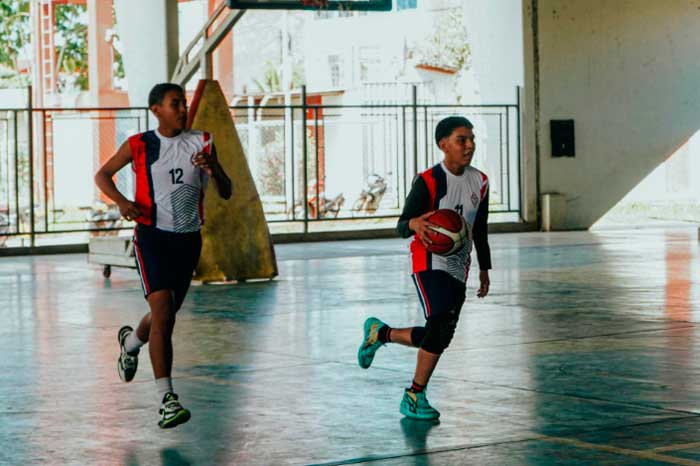Youth sports play a vital role in shaping well-rounded individuals and stronger communities. Besides physical activity, they provide a foundation for building essential life skills, emotional resilience, and social development. According to Eric Kleiner, children involved in sports often exhibit better cognitive skills, learn teamwork, and form meaningful relationships that extend outside the game. When families, schools, and communities invest in youth sports, they help prepare the next generation for success both on and off the field.

The Value of Youth Sports
Youth sports are a major part of growing up in many communities across the country, with millions of children joining teams through schools, parks, and nonprofit programs, providing a structured environment where kids can build confidence and learn how to work toward goals.
Outside of physical fitness, organized sports help young people find purpose and routine. A student might join a local basketball league and, over time, develop a commitment to practice, showing up on time, and supporting teammates. These habits often carry over into school and everyday life, making a lasting impact.
Developing Life and Social Skills
Participating in youth sports teaches more than how to play a game—it builds habits that last. Whether it’s learning to manage time between school and practice or setting goals for improvement, athletes often develop a sense of discipline that helps them thrive in other areas of life.
Team sports also create space for learning how to work with others. Communication, trust, and leadership naturally emerge when a group shares a common goal. Athletes begin to understand the importance of every role on the team, from the top scorer to the quiet defender who keeps the game in control. These social skills are valuable long after the final whistle. Over time, these players may become mentors themselves, passing on what they’ve learned.
Supporting Mental and Emotional Well-Being
Youth sports offer a healthy outlet for emotions, helping kids manage stress and build confidence. Physical activity has been shown to elevate mood and reduce anxiety, making practices and games a natural way to release tension. A child who feels pressure at school might find relief in the rhythm of shooting hoops or running on the field.
Sports also teach resilience. Facing a tough loss or a challenging season helps young athletes learn how to bounce back. With encouragement from coaches and teammates, they begin to see setbacks not as failures, but as chances to grow. That kind of mindset can shape how they approach everyday challenges, both on and off the field. Learning to cope with disappointment in a supportive setting builds emotional strength that lasts.
Creating Stronger Communities and Connections
Youth sports bring people together in unique ways. When kids play on a team, they form bonds through shared experiences—practices, wins, losses, and everything in between. These relationships often grow into lasting friendships that strengthen their sense of belonging. Parents and families also become more involved, sharing rides, snacks, and cheers on the sidelines.
Coaches, mentors, and teammates often become a second family. A child who struggles to connect at school might find a safe space in their local baseball league, where encouragement and support come naturally. These connections can create a ripple effect, building unity in neighborhoods and a shared pride in local youth success. Community events like tournaments or fundraisers further tighten these bonds.
Promoting Healthy Habits
Starting physical activity early often leads to healthier choices later in life. When kids grow up playing sports, they’re more likely to carry those habits into adulthood, whether it’s joining a recreational league, jogging after work, or simply staying active day to day.
The impact goes beyond exercise. Young athletes often develop a greater awareness of nutrition, rest, and self-care. A volleyball player who learns the importance of hydration and sleep to perform well during a tournament may continue those habits outside the sport, building a foundation for lifelong wellness. These lessons often influence the whole family, encouraging healthier routines at home.
Expanding Access and Encouraging Support
Not every child has the same opportunity to join a team. In some neighborhoods, families face barriers like cost, lack of transportation, or limited local programs. These challenges can prevent kids from experiencing the many benefits sports have to offer. Without intervention, many capable young athletes may never have a chance to participate.
Creating more inclusive and affordable options helps level the playing field. Local organizations that offer scholarships, equipment drives, or free clinics are making a difference by opening doors. When schools and communities come together to support youth sports, they’re investing in brighter futures for all kids, not just a privileged few.
